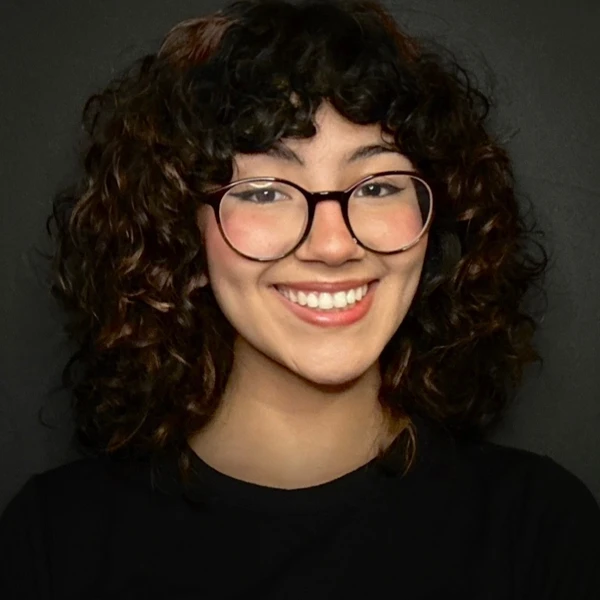
Gender
Female
Ethnicity
Hispanic/Latino
Religion
Christian
Hobbies and interests
Music
Biology
Biochemistry
Biomedical Sciences
Medicine
Reading
Classics
Folk Tales
Horror
Gothic
I read books multiple times per week
Gabrielle Gately
795
Bold Points1x
Finalist
Gabrielle Gately
795
Bold Points1x
FinalistBio
Hello, my name is Gabby Gately. I am an upcoming freshman at the va University of Mississippi. I plan to Major in Theatre, focusing on costume and makeup design. I plan to minor in Chemistry, and also work on my medical school pre-requisites
Education
University of Mississippi
Bachelor's degree programMajors:
- Drama/Theatre Arts and Stagecraft
Ocean Springs High School
High SchoolGPA:
3.5
Miscellaneous
Desired degree level:
Doctoral degree program (PhD, MD, JD, etc.)
Graduate schools of interest:
Transfer schools of interest:
Majors of interest:
- Biological and Biomedical Sciences, Other
- Medicine
Test scores:
31
ACT1410
PSAT
Career
Dream career field:
Medicine
Dream career goals:
Arts
Ocean Springs High School
DesignThe Lost Boy2024 – 2025
Public services
Volunteering
Ocean Springs Unified Theatre — Buddy2024 – 2025
Future Interests
Advocacy
Volunteering
Philanthropy
Freedom for Disabled Students Scholarship
As someone born with symbrachydactyly, a condition that stunts the growth of the lower arm, or in my case, my left hand specifically, I do not have any fingers on my left hand. This is known as adactylous/peromelic symbrachydactyly, making it look as though I am making a fist, which at times masked my disability until people looked closer.
I was always used to being asked the question, "What happened to your hand?" It was a common fact of life for me and something that my parents had coached me to answer. As a child, it felt normal to hear, but as I entered my teen years, it became something I would dread being asked.
I started hiding my hand in my sleeve, behind my back, or covering it with my other hand, in hopes that when meeting someone, they wouldn’t even notice I didn’t have a left hand. It often felt like I was only approached out of curiosity rather than a genuine interest in getting to know me. These feelings only grew when I would be recognized not by name,but as “the girl with one hand,” and introduced to people in the same way. I felt as though I was being reduced to a physical trait over which I had no control, which caused resentment toward my disability to develop.
I carried these insecurities for years and held onto them until the final years of high school. The journey was difficult, as I had to set firm boundaries and have tough conversations about how I was feeling, which caused me to lose what I thought were meaningful friendships. I had to find a community of individuals who saw past my missing fingers and saw me as a person, instead of a disability.
During that time period, I also had to do a lot of internal reflection about why I felt resentful of my hand and the questions that came with it. I needed to work through the shame I had unconsciously felt about the fact that I was different from my peers. I needed to shift away from the mindset I adopted in childhood. I had to work to no longer see myself as just my disability, and work to overcome the anger I felt due to the challenges I faced—because I needed to be able to see myself how I wanted others to see me.
As I matured and learned self-acceptance, I worked to shift my connotation of the question, “What happened to your hand?” from negative to positive.I realized that curiosity is natural and a normal response, so long as it is respectful. Oftentimes, I still have to remind myself that curiosity is normal, but I remind myself that if a little kid asked me, I wouldn’t be upset at their question because I would see it as simply wanting to gain knowledge—so why should I see it any differently for an adult or teen?
Overall, growing up with symbrachydactyly has impacted me in many ways. But the way that will forever stand out to me the most is how it has shaped my views on self-acceptance and identity. I have learned that my symbrachydactyly does not define who I am. My disability impacted most of my childhood because I let it be something I was ashamed and resentful of. But what I have learned from that experience is that it is okay to be unique, it is okay to be different, and that curiosity about a difference is not rooted in resentment, but instead in unfamiliarity.